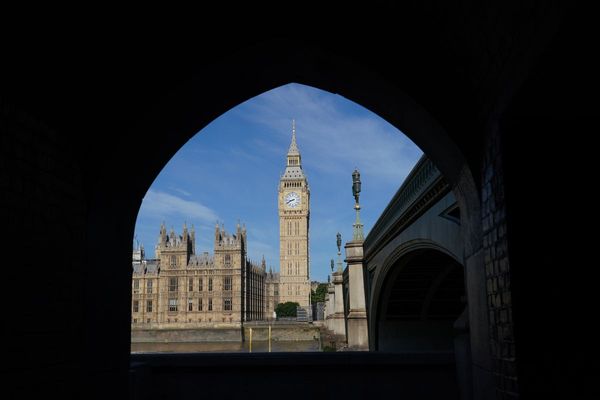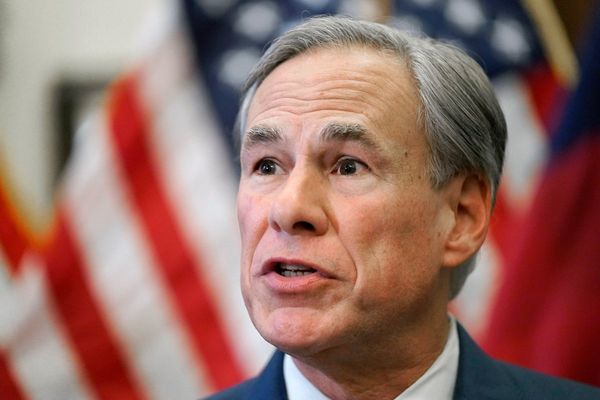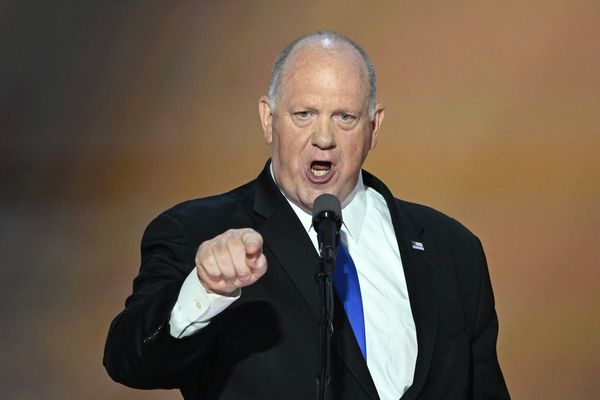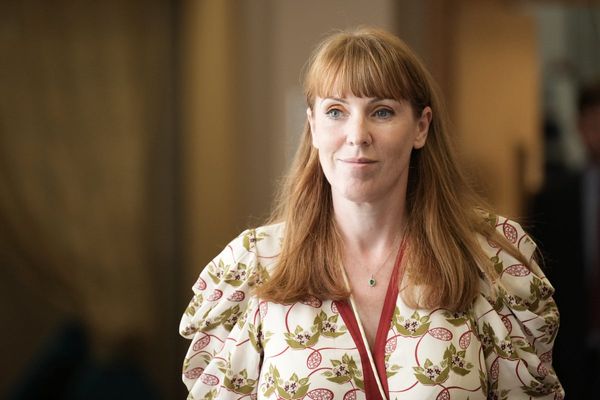
Last year, CNN decided to reposition its news coverage as more “centrist”. In doing this, it joined The New York Times in wanting to be a news outlet — in the words of journalist and podcaster Ezra Klein — for everyone.
Such moves by globally influential outlets reflect a desire to rid themselves of biased or extreme content that turns political opponents into enemies and destroys the ability of democratic institutions to function — and they should be welcomed. Indeed, if they help slow or stop America’s democratic decline, Australian media — which is busy being factionalised and/or corporatised — should do the same.
The argument goes like this. The media plays a critical role in democracy, not just by shining light into dark corners but by showcasing those who model what democratic discussion looks like. When experts who make their case clearly and passionately while treating their opponents as just that — opponents, not enemies — citizens in a democracy learn by example how to keep the tone civil and use reason to play the ball, rather than merely insulting to belittle.
This is not, to state the obvious, the role the media has played in America, Britain and Australia in the past decade and a half, where dismissive and flippant rhetoric has replaced respectful and reasoned argument. We no longer know how to remain calm and marshal evidence in service of a cause; instead we act like babies, accusing the other of bad faith and disloyalty — and even threatening cut-off or exile — to make what feels challenging go away.
This is not just when opposing sides of an argument are present in the same forum, but even — as has increasingly become the case — when we’ve retreated to our own partisan silos. Within such spaces, “experts” model a moral superiority over those with whom they disagree — often when they’re not even in the room. And why should they be, when we’ve condemned them implicitly or directly, as “immovable, brainwashed, of bad faith, not worth the energy, disloyal, repulsive”, or what Australians would shorthand as “hopeless”.
This is the death knell for democracy, which at its heart requires persuasion rather than violence to achieve change. But persuasion is highly skilled work, requiring the recognition and marshalling of valid evidence and the deconstruction of poor logic, all the while treating one’s opponent as what Martin Luther King Jr called a “somebody” — a person worthy of our curiosity, compassion, kindness and respect.
Contempt is a killer of the foundational trust and respect required for all functioning relationships, and the connections between citizens are no different. The mainstream media’s move back to the centre represents a rejection of such toxic modelling of democratic contestation, and it should be encouraged.
However, it’s important to note that the balance model, used injudiciously, has its own risks: most notably, the “bothsidesism“, described by Jay Rosen, which we saw most toxically in the climate debate, where the expert consensus about the dangers of climate change was disguised and undermined by corporate shills and media-hungry scientific contrarians.
We also saw it in CNN’s repeated description of the new Israeli government’s attempts to overrule High Court decisions it doesn’t like as “reforms”.
Of course, experienced and responsible editors should know the difference. If they don’t, they have no business holding such a democracy-critical role.
Is centrist journalism the way forward? Let us know by writing to letters@crikey.com.au. Please include your full name to be considered for publication. We reserve the right to edit for length and clarity.







